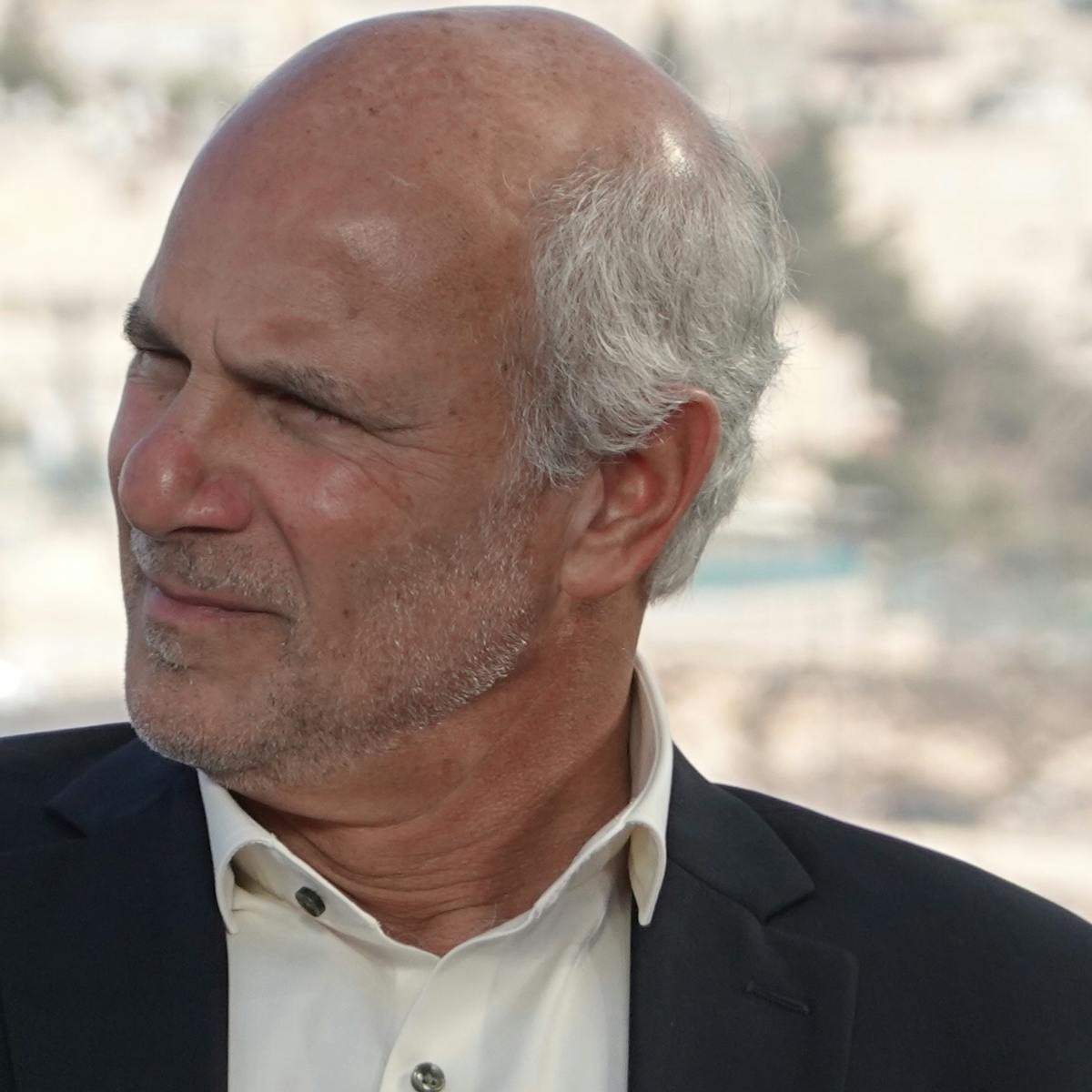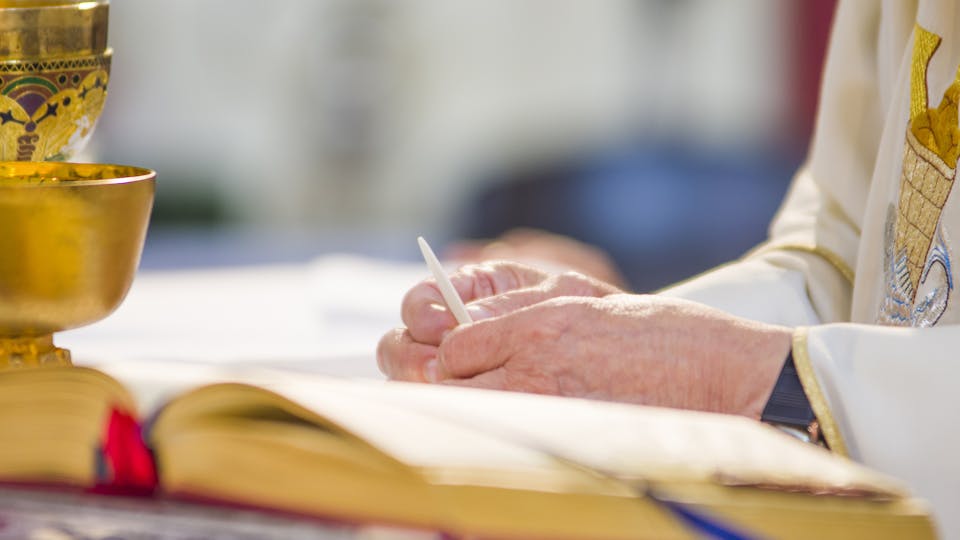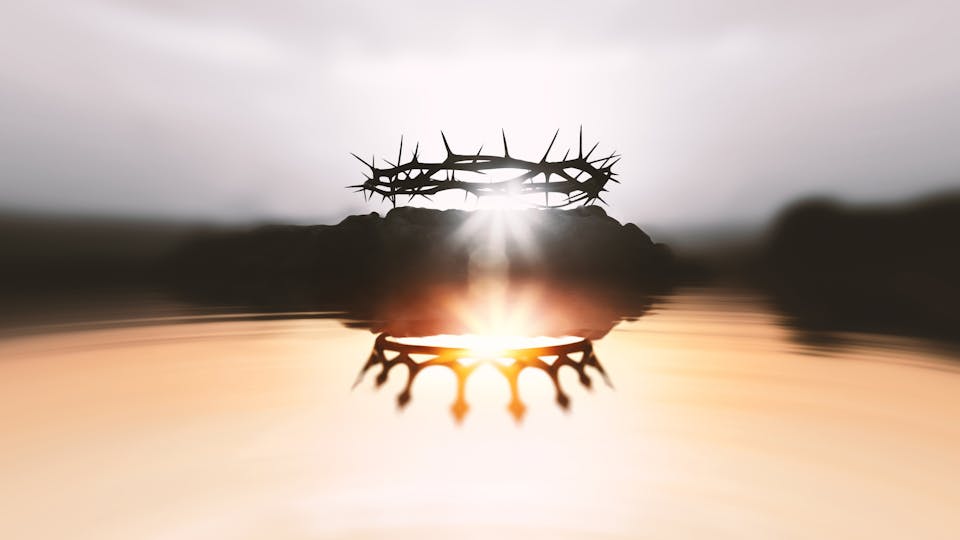Day of Atonement meaning in Christianity

None have fulfilled the law of innocence - none are exempt from the law of repentance!
One year we worshiped by the Western Wall in Jerusalem with thousands of Christian Pilgrims from all over the world during one of the special events our SAR-EL team hosted in Israel.
Soon after, tens of thousands of Jewish worshippers gathered by the same Wall for the final midnight prayer service of “Forgiveness Prayers” before the Day of Atonement arrived. A moving experience indeed as an entire nation looks to God for mercy, forgiveness, and a fresh start.
Biblical Commandment for the Day of Atonement

The Bible commands us, “Also the tenth day of this seventh month shall be the Day of Atonement. It shall be a holy convocation for you; you shall afflict your souls, and offer an offering made by fire to the LORD.” (Leviticus 23:27).
When we were at the Western Wall with the group, the nation of Israel was about to enter the most solemn day on its annual calendar in just a few hours, the Day of Atonement. The gravity of this day echoes among people of faith all over the world.
The Unique Concept of Sin and Atonement in Judeo-Christian Faith
The issue of SIN and man’s need for ATONEMENT is unique to the Judeo-Christian faith regarding man’s relationship with God. No other religion or ideology addresses the reality of sin (our offense against God's perfection) with such seriousness.
Sin and sacrifice are key themes in our biblical record, starting with man’s expulsion from the Garden of Eden in Genesis chapter three, to the slain and victorious Lamb standing in the heart of heaven in Revelation chapter five.
Repentance, Forgiveness, and the Cost of Atonement

Repentance and forgiveness are part of the protocol of reconciliation when there is a breakdown of a relationship. However, according to God’s law, forgiveness is not cheap. A price has to be paid and restitution must be made to undo the offense and satisfy the debt.
The problem is, how can man “pay” God for a moral failure against His perfect nature and holy standards? How can a fallen and compromised creature offer anything of value to the perfect and eternal Creator in order to undo our debt of sin?
The Dilemma of Sin and Sacrifice
Confronting the pagan practices around him, the prophet Micah expressed this very dilemma long ago saying, “With what shall I come before the LORD, and bow myself before the High God?
Shall I come before Him with burnt offerings, with calves a year old? Will the LORD be pleased with thousands of rams, ten thousand rivers of oil? Shall I give my firstborn for my transgression, the fruit of my body for the sin of my soul?” (Micah 6:6-7).
No gift, no blood sacrifice, nor even a human life in exchange is sufficient to fully erase man’s guilt against the Creator. There must be a better answer, but what?
Day of Atonement Meaning in Christianity

The Day of Atonement is God’s annual reminder to His people that our need to be reconciled to our Heavenly Father is real, and that a genuine and lasting solution must come.
One day a year, on the tenth day of the seventh month, the nation of Israel was commanded to observe a total Sabbath rest and afflict their souls by denying the appetites of the body as a token of their repentance. Since none have fulfilled the law of innocence, none are exempt from the law of repentance.
For Christians, the Day of Atonement holds deep significance as it foreshadows the ultimate sacrifice of Jesus Christ. The Day of Atonement meaning in Christianity centers on the belief that Christ is the perfect and final atonement for sin, fulfilling the need for sacrifice once and for all.
The High Priest’s Role and the Azazel Goat

According to the biblical commandment (Leviticus 16, 23, and Hebrews 9), while the entire nation of Israel was in a total mandatory Sabbath rest and afflicting their souls, only the High Priest worked. Aaron (and all High Priests after him) selected one goat for the Lord’s sacrifice and a second one to be the "Azazel" (representing condemnation and judgment).
The Azazel goat had the sins of the nation placed on its head and sent into the wilderness to perish, guilty and condemned, carrying with it the nation’s entire sin burden into oblivion.
The other goat, the Lord’s sacrifice, was killed as a sin offering, and its blood was taken by the High Priest into the Holy of Holies to be sprinkled on the mercy seat of the Ark of the Covenant of God.
This was a “once a year” event, as only the High Priest of Israel was permitted to enter the Holy of Holies with the blood of an innocent sacrifice, only on that particular day, in order to secure God’s atonement for the offenses of the entire nation for that whole year.
Atonement: A Covering Provided by God
While the English word “atonement” occurs more than 80 times in the Bible, its Hebrew root word, KOFER (כֹּפֶר) appears only 17 times, with the first appearance in Genesis 6:14 where God commanded Noah to build an Ark.
“Make yourself an ark of gopherwood; make rooms in the ark, and cover (KOFER) it inside and outside with pitch.” The word KOFER in this context meant to cover over something, to expiate, to propitiate and to soothe. In its broader context, it also means to appease, to forgive, and to atone for.
In this “first atonement,” Noah “covered over” the rough wooden planks of the Ark with pitch (a form of tar) to bind the boards together, seal, and waterproof them. Likewise, the atonement of God covers over us, binds us together as a community of faith, makes us “leak proof,” and puts away our sins.
What Israel seeks to find each year as we arrive at the Day of Atonement, God, in His love and mercy, has already provided in the offering of His Messiah as the only perfect, acceptable, and eternal sacrifice who alone can untangle the dilemma of sin for each and every one of us.
Messiah Yeshua: The Eternal Atonement

Thanks be to God our Heavenly Father who has provided an external covering for our faults and shortcomings, an atonement for all, when He gave us the sacrifice of His Messiah.
And thanks be to Yeshua, Jesus of Nazareth, who came into our darkened world in fulfillment of nearly 300 specific biblical prophecies, a descendant of the royal house of David, and has kept Himself pure and undefiled to become a blameless sacrifice on our behalf. He alone is our atonement, to be appropriated by faith and through grace.
From Israel, we wish all of our friends around the world a blessed Day of Atonement.
Reuven Doron